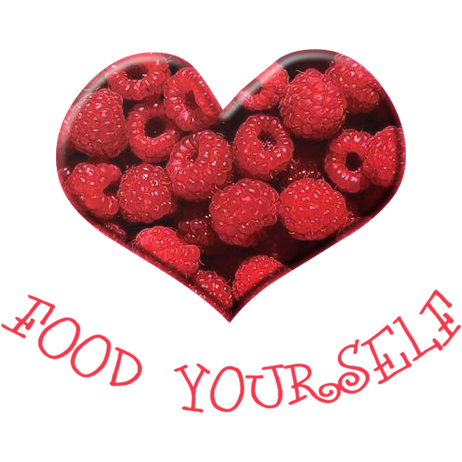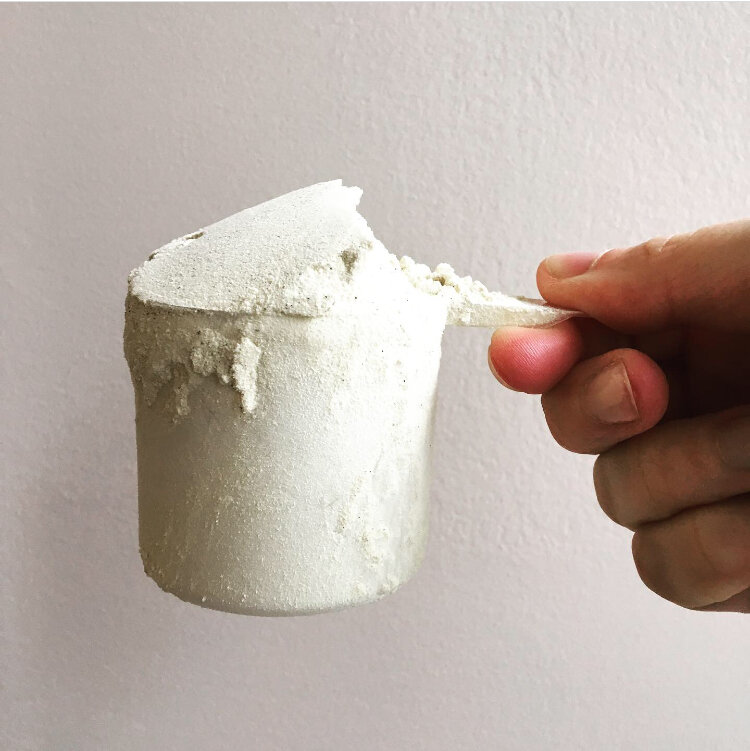What Three Nutrients to Watch as a Plant-based Athlete
World-class plant-based athletes are everywhere! From soccer players to weightlifters, and basketball stars to a prominent racing champion. These world champions are at the top of their game and have a full plant-based lifestyle to thank for it and no they are not worried about getting enough protein.
A new study in the journal of Nutrients suggests that vegetarian and vegan diets that include supplements (B12, Vitamin D and iron) CAN meet an athlete’s daily nutritional requirements.
It’s always nice to see studies support what we already know! Let’s dive deeper into these three supplements.
B12
Did you know that Vitamin B12 is only synthesized by microorganisms? This interesting tidbit explains why B12 is not naturally found in foods of plant origin. Natural animal food sources of Vitamin B12 (which come from the animal's intestines or from their diet) include fish, meat, poultry, eggs, milk, and milk products. Though some bacteria in the small intestines produce B12, it isn't enough to maintain adequate status in humans. All vegans (whether you are an athlete or not) should take 250 mcg per day of a B12 supplement. And all lacto-ovo vegetarians should consider taking 250 mcg per day of a B12 supplement a few times per week.
Iron
In general, iron requirements tend to be higher in athletes, especially female athletes. So when we have a female, plant-based athlete, iron is the mineral to watch! Plant-based eaters, unfortunately, need to consume almost double the amount of iron compared to their carnivorous counterparts as iron is just not as well absorbed from plant-based foods. But before you start taking an iron supplement ask your doctor for a lab requisition for blood work.
Vitamin D
Not athlete or plant-based specific, but everyone who lives north of the line connecting San Francisco to Philadelphia and Athens to Beijing are probably not getting enough vitamin D. And being “D-ficient” may increase your risk of a host of chronic diseases, but I have some good news, taking a vitamin D supplement will do the trick! Last month, the British Medical Journal published a HUGE study that found that vitamin D supplementation was associated with a 16% lower risk of cancer! Currently, there’s some scientific debate (isn't there always) about how much vitamin D people need each day, but in my practice, we recommend 2,000 IU/day. Have you taken your vitamin D yet?
If you enjoyed this post please click like, share it with family & friends or sign up to our newsletter to receive news and updates from Food Yourself.
And if you would like to learn more about plant-based diets, check out these videos:


